|
by: Sarah Momo Romero November and the holiday season is here! In the spirit of Fall and Thanksgiving, I really wanted to find a book filled with crunchy autumn leaves or a bountiful Thanksgiving feast to blog about for November. However, when I got to the library, two amazing animal picture books immediately caught my eye instead. Discovering the wondrous illustrations in these books reminded me of one big thing to be grateful for: our planet and all the living creatures on it. In this crazy, fast-paced world of cell phones and social media, these two books in particular evoked a sense of wonder in me, and made me pause and sit on the library floor to get lost in these two books. I’m changing up my usual post to share not one, but two very special picture books with all of you. Both books with their beautiful illustrations will draw you right in to these animals' worlds and a different view of our planet. Song of the Wild: A First Book of Animals, written by Nicola Davies and illustrated by Petr Horácek really delivers on the educational and fun aspects of a first book of animals for kids. Davies, with a degree in zoology, mixes it up in this book, not only by providing educations tidbits on animals ranging from the mighty elephant to the tiny parasite (ick… but so interesting!), but adding in playful rhymes for the different animals. This educational book really shines with Horácek’s illustrations, created in mixed media. Horácek’s illustrations are so rich and textural with layers of color and paper, giving each animal illustration its own unique personality. Each page is a world all its own, inhabited by a different animal to learn about, in a different artistic medium. From mixed media collage, colored pencil, gestural brush strokes and even simpler pencil sketches, Horácek adds a very personalized feeling to the delightful information Davies has written about these animals. Anyone who picks this book up, whether young or old, will delight in learning about well-known and even lesser known animals portrayed in these lively illustrations. (The bumblebee bat was an especially fun one for me to see.) Life, written by Cynthia Rylant and illustrated by Brendan Wenzel is an equally amazing book about animals and well, life. Unlike Song of the Wild, Life is minimal in its text, featuring a simple, but touching narrative about life perspective and our place in the world. In his illustrations, Wenzel not only paints his animals with expressive features, lively backgrounds and textural brushstrokes, but I really love the added touches of landscape and greenery outside of the vignettes. This unique take on presenting animals in their natural habitat: the woods, the jungle and even as our friendly companions in the city creates a unique perspective of different environments transitioning into the next across the pages of this wonderful book. Check these beautiful animal picture books out! I hope you've all enjoyed a wonderful Thanksgiving holiday and weekend with loved ones and delicious food. And don't forget to give thanks for our Earth and all the other living beings who are just as lucky as we are to call this place home.  Sarah Momo Romero is a Japanese Peruvian American artist, a graphic designer by day and children's book author and illustrator by night. She’s loved drawing and painting since she was a chiquita and now crafts stories of adventure and wondrous creatures. Sarah is an active SCBWI member who draws inspiration from her life in sunny Los Angeles with her husband/creative partner and dog/infamous escape artist, Peanut. Look out for her first picture book, "Wake Up, Little Bat!" coming out in the Fall of 2018! You can find more of Sarah's musings and drawings here: www.sarahmomoromero.com Facebook: Sarah Momo Romero + Instagram: @sarahmomoromero + Twitter: @sarahmomoromero by Bryan Patrick Avery Magician’s are known for asking people to “pick a card.” Well, it’s Picture Book Month so let’s a pick a book! In fact, let’s take a look at four picture books I’ve been enjoying and learning from. First up, Yuyi Morales’ tale Just a Minute. While it might be considered a concept book, Just a Minute is so much more. Morales uses an original trickster tale to carry the story. At the beginning, Grandma Beetle is visited by a skeleton named Señor Calavera. When Señor Calavera tells Grandma Beetle to come with him, she replies, “just a minute.” As Grandma counts her way through the chores (sweep one house, boil two pots of tea, etc.) Señor Calavera gets impatient. At each step, Grandma Beetle tells him “just a minute,” and continues her preparations. The story concludes with an ending that is both inevitable and surprising. Just a Minute is a perfect example of turning a concept book into an engaging story and should be studied by anyone looking to write in this genre. Another book I’ve been studying this month is Jon Klassen’s I Want My Hat Back. In this book, a bear searches for his missing hat. What I love about the book is that is written entirely in dialogue. As the bear searches the woods for his hat, he asks creature after creature if they’ve seen it, but to no avail. As frustration starts to grow, the bear realizes he has seen his hat, leading the story to an unexpected conclusion. The simplicity of the dialogue, coupled with the format of the book (alternating pages of illustration and text), make the book a joy to read. Can you read a book with no words? I think so, and Bob Staake’s Bluebird is a shining example of such a book. Told using only images, Bluebird is the story of a young boy who befriends a blue bird. We see their relationship grow (I love watching them play with the sail boat) and then watch as one friend makes a hug sacrifice for the other. Staake’s beautiful illustrations pull us into the story and create an emotion connection to the story and the characters. Whether you ever attempt to tackle writing a book with no words, there is much to be learned about storytelling from Bluebird. I’ve always been a Dan Santat fan, so I was thrilled when my copy of After the Fall arrived. Santat’s book tells the story of what happened to Humpty Dumpty after his famous fall. Told in the first person (which I love), After the Fall is Humpty Dumpty’s first-hand account of how he managed to deal with the emotion scars of his fall. It’s an incredible story, with a triumphant ending, that has the power to inspire the reader to overcome their own fears and obstacles. Santat’s work here is nothing short of brilliant.
Well, that’s all for this month. Happy reading and writing! Have a magical month. by Melissa Stoller I’m happy to be a new member of The Blogfish! Over the past few years, I’ve been a student in several Children’s Book Academy classes including: “The Craft and Business of Writing Children's Picture Books," “The Craft and Business of Illustrating Children's Books,” and “The Chapter Book Alchemist.” I’ve also assisted Mira with several of the classes. Now, I’m thrilled to work with CBA as a blogger. For this inaugural blog, it’s all about NAMES! I’ll focus on how to brainstorm meaningful character names and what happens if a name change is necessary. Choosing a Name As the Jewish poet Zelda wrote, “Each of us has a name. Given by God and given by our parents . . . Each of us has a name, given by the stars and given by our neighbors . . . .” And as Shakespeare famously noted, “What's in a name? That which we call a rose by any other name would smell as sweet.” Names are important. Ask any new parents struggling to find just the right moniker. It’s the same for the names in stories. Choosing a name allows an author to connect with a character and ultimately with readers. Here are a few ideas to think about when choosing the perfect name. 1) Create names relating to the storyline: In my manuscripts, I seek names that match the characters and storyline. I chose Celeste and Sandy, relating to a celestial and sea storyline, and Roxie who sounds like a sassy squirrel. Emma and Simon are contemporary names that also could have roots in the 1920s when my chapter book is based. 2) Use names from your own family history: In my chapter book, I use the names of my grandparents Jack and Jessie, and my dog, Molly! You can designate a name to honor or remember a relative or friend. First and last names from your family tree might make excellent choices. 3) Find names from the everyday world: Nature: flowers or plants like Rose and Holly; natural formations like Amber or Brooke; Colors: such as Periwinkle or Lilac; Places: an avenue like Lexington or Madison; a city, state, or town like Charlotte or Aurora; Birds: Raven or Piper; and Animals: in my newest PB, I simply use Gorilla and Gopher to capture the wordplay of “go,” the first syllable of each name. 4) Keep a list of names from popular culture: Jot down names that resonate from books, movies, TV shows, theatre, magazines, newspapers, blogs, online lists of baby names, and ancestry records. The list will be a handy resource when brainstorming name ideas. For example, when reading a book about Greek mythology or even a Shakespeare play, a name might pop up that relates symbolically to your character. 5) Hold naming contests: Ask readers to suggest names or offer a naming contest. Author Nelson DeMille has donated money to charities through character naming opportunities. Changing a Name What are the chances that your picture book title character would have the same name as the title character in a book already scheduled to be published in the same publishing house, Clear Fork Publishing/Spork? Especially if it was an unusual name? Well, I didn’t think the chances were very high, but it happened to me. I named my debut picture book SIENNA’S MAGIC PAINTBRUSH. The story revolves around a girl who loves to paint, and I chose the name Sienna because “Burnt Sienna” is one of my favorite oil paint colors. Also, the name fit lyrically, as I included several alliterative phrases in the story, such as “Sienna sighed,” “Sienna shouted,” “Sienna smiled.” And, I liked the three-syllable sound of the word in the sentences I constructed. Then I found out that my Spork Sister, Alayne Kay Christian, had written a book named SIENNA THE COWGIRL FAIRY, that was being published by Clear Fork Publishing. As I pitched the story to my publisher Callie Metler-Smith, I knew I would have to change Sienna’s name. The name change process began. First, I searched through lists of oil paint colors. I honed in on rose, violet, olive, and scarlet. I researched picture books that might have popularized those names already. I narrowed the list to Violet, Olive, and Scarlet. And I spoke to my publisher about my list. Coincidentally, her young cousin is named Olive, and so we chose the name Olive. When I wrote blogs and Facebook posts about the book, I used the name OLIVE’S MAGIC PAINTBRUSH. And then marvelous Mira signed on to be the art director for the book (I know . . . how lucky!). Mira, aka the picture book whisperer, critiqued the story, and she suggested that I change the name. My first reaction was . . . wow, I have been through two names with this character and I was attached to both. How could I change a third time? But Mira had solid reasons for her request. After I told her the whole story about the name, she noted that I lost the alliteration of an “S” name, and I also lost the three-syllable word. I didn’t love other color names that had three syllables, but I did love Scarlet. I tested it out, and it worked. It’s a strong, bold color for a strong and bold main character. SCARLET’S MAGIC PAINTBRUSH is scheduled to be released in Spring 2018. * * * Until next time . . . happy writing, creating, and name hunting! 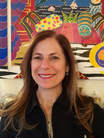 Melissa’s Bio: Melissa Stoller is the author of the debut chapter book THE ENCHANTED SNOW GLOBE COLLECTION: RETURN TO CONEY ISLAND (Clear Fork Publishing, July 2017); the debut picture book SCARLET’S MAGIC PAINTBRUSH (Clear Fork, 2018); THE ENCHANTED SNOW GLOBE COLLECTION: THE LIBERTY BELL TRAIN RIDE (Clear Fork, 2018); and READY, SET, GORILLA! (Clear Fork, 2018). She is also the co-author of THE PARENT-CHILD BOOK CLUB: CONNECTING WITH YOUR KIDS THROUGH READING (HorizonLine Publishing, 2009). Melissa is an Assistant for Mira Reisberg’s Children’s Book Academy, a Regional Ambassador for The Chapter Book Challenge, an Admin for The Debut Picture Book Study Group, and a volunteer with SCBWI-MetroNY. In previous chapters of her life, Melissa has worked as a freelance writer, lawyer, legal writing instructor, and early childhood educator. She lives in New York City with her husband, three daughters, and one puppy. When not writing or reading, she can be found exploring NYC with family and friends, traveling, and adding treasures to her collections. Connect with Melissa online: www.MelissaStoller.com MelissaBergerStoller (Facebook) @MelissaStoller (Twitter) Melissa_Stoller (Instagram) 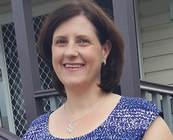 By Brydie Wright G’day, fellow members of the Children’s Book Academy family. My name is Brydie and I know you were expecting Mira Reisberg PhD on the blog today. Mira is out of town this week and sends her regards, asking me, the newest member of the Blogfish team, to post in her stead. Big shoes to fill, huh? I’ve been invited to blog monthly about humour in kids’ books and innovative Australian books. Hope Mira knows what she’s in for! These are two of my passions and I have an irreverent take on both... Humour in children’s books is a hot topic with the rise and rise of bestseller middle-grade series, turned blockbuster movies, the likes of Diary of a Wimpy Kid (by Jeff Kinney) and Captain Underpants (by Dav Pilkey). The underlying success of these narratives is satirical comedy, based on realistic (though often exaggerated) fictional scenarios. In other words, kids laugh at them because they can relate to them. For this blog, let’s take a step back to why kids are drawn to reading in the first place. I’m talking way back when their parents read picture books to them. In a Children’s Book Academy (free) webinar with Mira Reisberg PhD and Julia Maguire, Editor, I learned that the function of children’s books is to: 1. Entertain 2. Educate 3. Navigate the child’s relationship between the internal and external world. A tall order but one worth striving for, if you want to write books that children will remember. Think back to how you got into reading, as a child. Were you a reluctant, or a keen reader? How many of the books read to you, do you remember? What made them memorable? If you’re anything like me, humour with shades of darkness, or the absurd, was the surest way to tickle my fancy. Roald Dahl's The Enormous Crocodile and Dr Seuss's The Cat in The Hat were on high-rotation at my house and if I look at them now with a critical eye, they satisfied the above criteria. Funny books that have a relatable cheekiness and a moral compass, however subversive they might appear. Fast forward a generation to when you became a parent-reader, or an aspiring writer for children, or both. What style of children’s book takes your fancy now? You may have been taught about ‘modelling’ your writing on picture books you admire and have been successful, or critically acclaimed. It’s not copying or plagiarism; it’s recognising that there is a craft and business to writing for children. You can learn a lot from the style of other authors who have more experience and a publishing track record. In my case, the picture book that inspired me to pick up a pen was My Aussie Dad, a clever example of satirical humour, combined with realism. The paperback (for ages 5+) was published in Australia in 2010 and written by Aussie wordsmith Yvonne Morrison and author/illustrator Gus Gordon. My Aussie Dad is a simple, rhyming fiction (with comic illustrations) that has its tongue planted firmly in its cheek. The little boy protagonist observes his father’s stereotypically “Aussie” behaviour and “she’ll be right” attitude. He may not be perfect but he means the world to his son. The paternal bond is a universal truth for children, as is ‘taking the mickey’ for any Australian. As with Wimpy Kid and Captain Underpants, humour is created through an ironic study of human behaviour, from a child’s perspective, kind of like this equation: - Light-hearted humour in children's books Irreverence + heart + real life = entertainment + education + navigating the world around you In future blogs, I’m keen to explore different genres of humour but in the meantime, I’d love to hear which funny books got you hooked on reading. Please feel free to leave a comment. Brydie Wright Bio Graduate, Craft & Business of Children’s Picture Book Writing Course Chief Editor, Sydney Mums Group and Reviewer, WeekendNotes Self-published children's author of Daddy and the World's Longest Poo, IAN Awards 2017 Finalist Website - Facebook - Twitter - Goodreads |
We are so excited to be mixing things up at CBA, beginning with some delicious additions to the Blogfish. Meet our awesome bloggers!!
Here's our lineup: 1st Mondays begin with former school psychologist Dr. Debra Collins who will be writing about Social emotional Learning in kidlit and behind the scenes as well as Jewish children's books. 2nd Mondays will feature super smart Melissa Stoller whose career is taking off with several new books. 3rd Mondays will feature our new blogger coming soon. 4th Mondays features new blogger, the fabulous Brentom Jackson, who has a beautiful approach to blogging. And 5th Mondays we'll be taking a break Archives
July 2024
|
|
Discover
|
About Us
|
Join Us
Join our Community and receive a fabulous free gift, KidLit tips, newsletters, scholarship info, contests, and more!
Join our KidLit Mentorship |
Social Media
Interact with our FaceBook Group or follow us on:
|
© 2010-2024 All content on this website is copyrighted. Sorry, all courses are non-refundable.
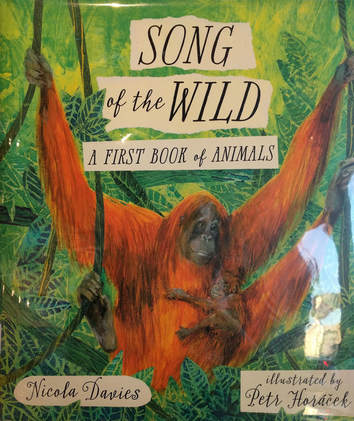
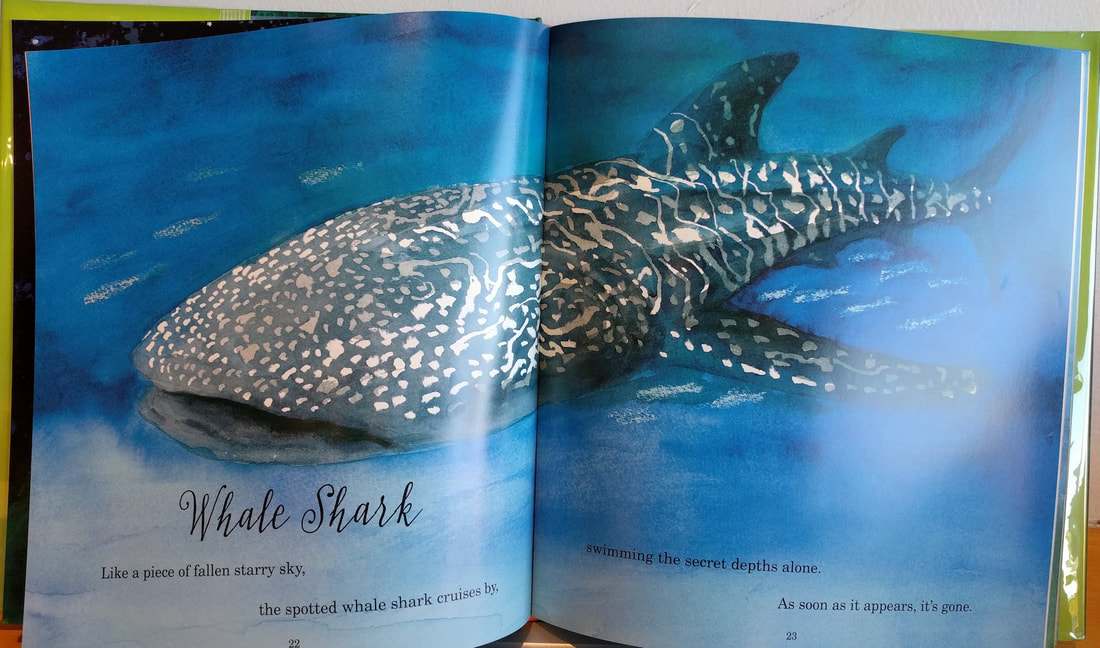
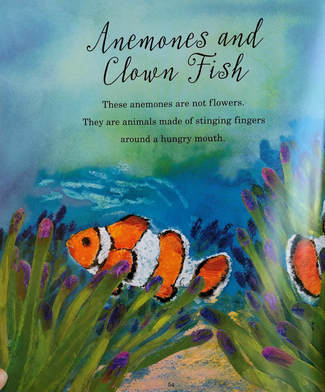
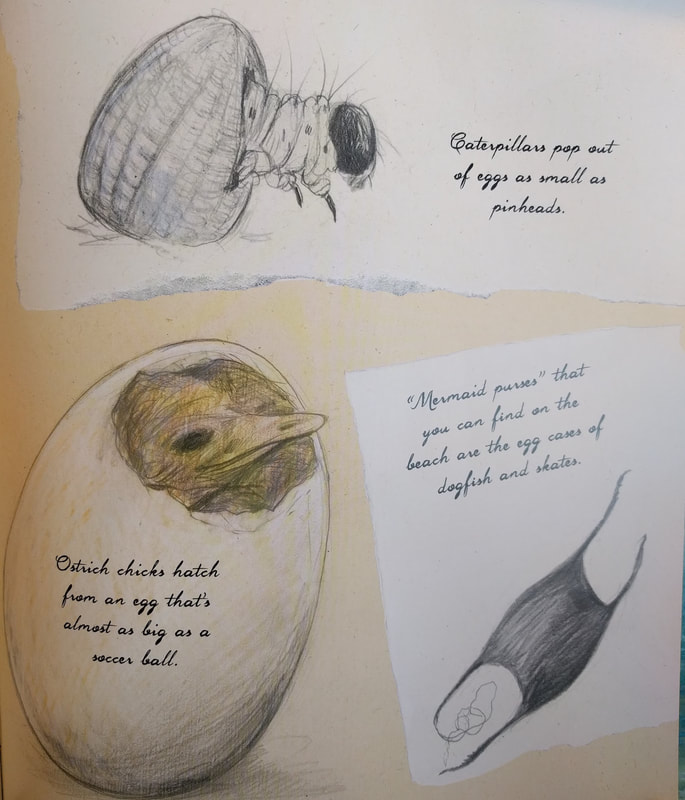
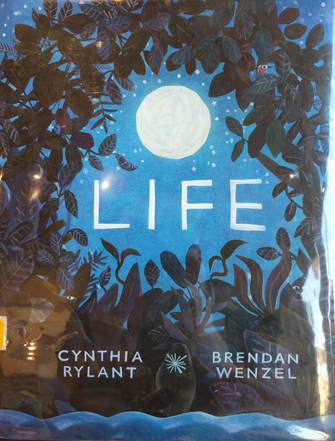
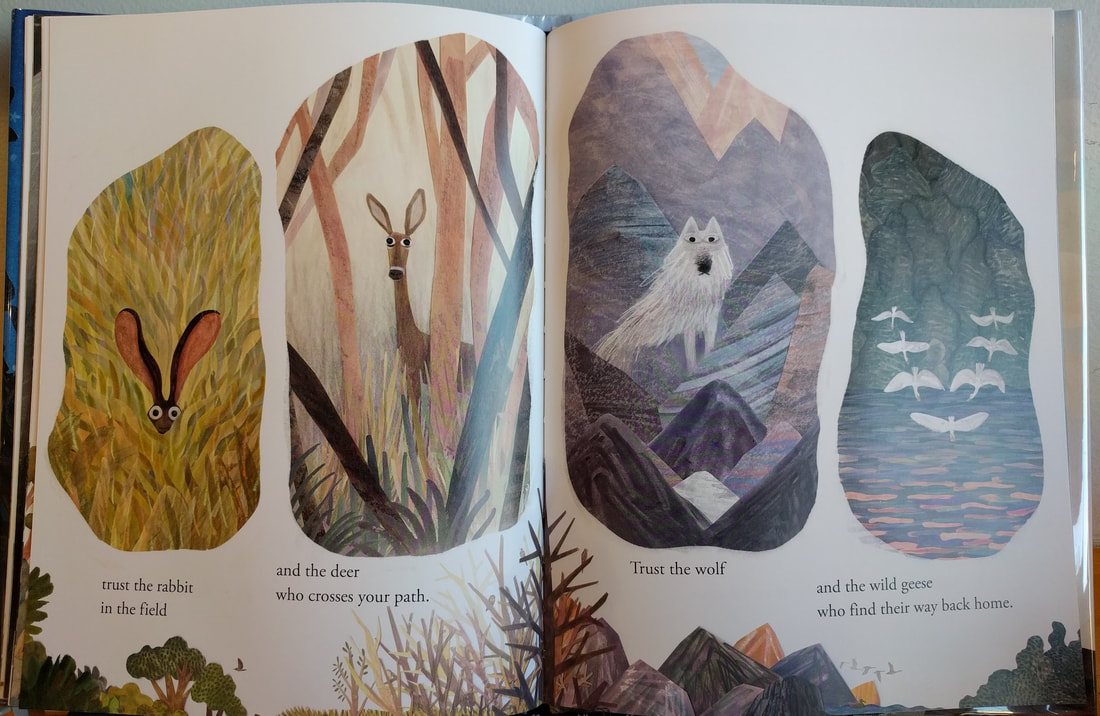
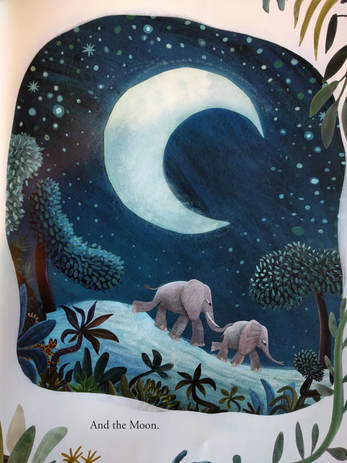
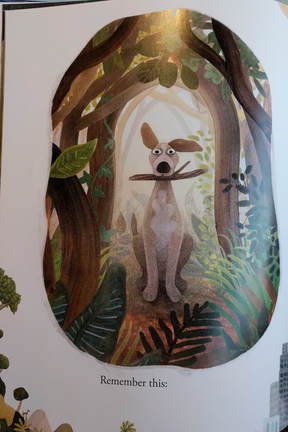
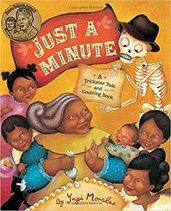
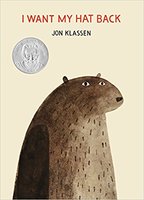
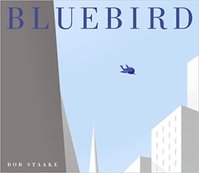
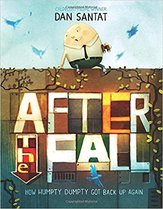
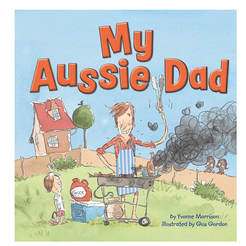
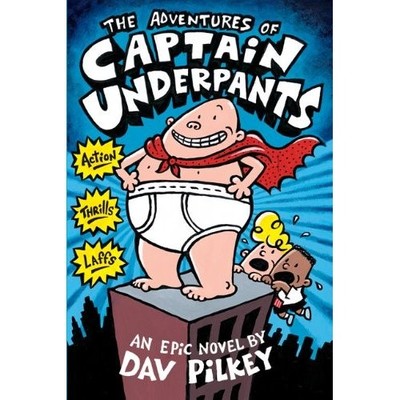
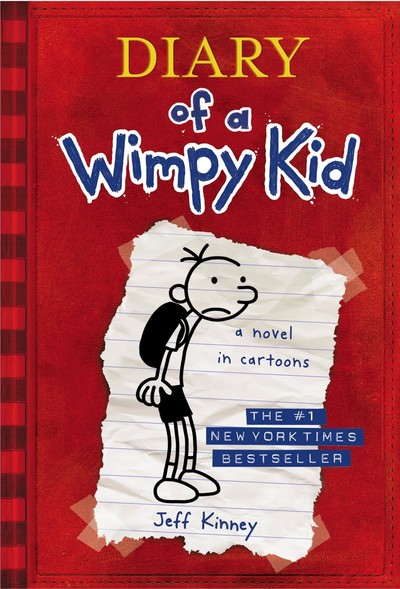
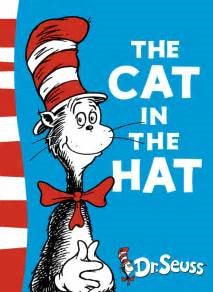
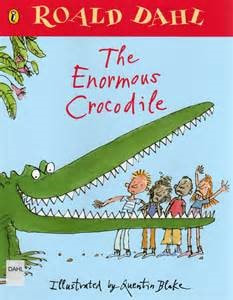
 RSS Feed
RSS Feed
